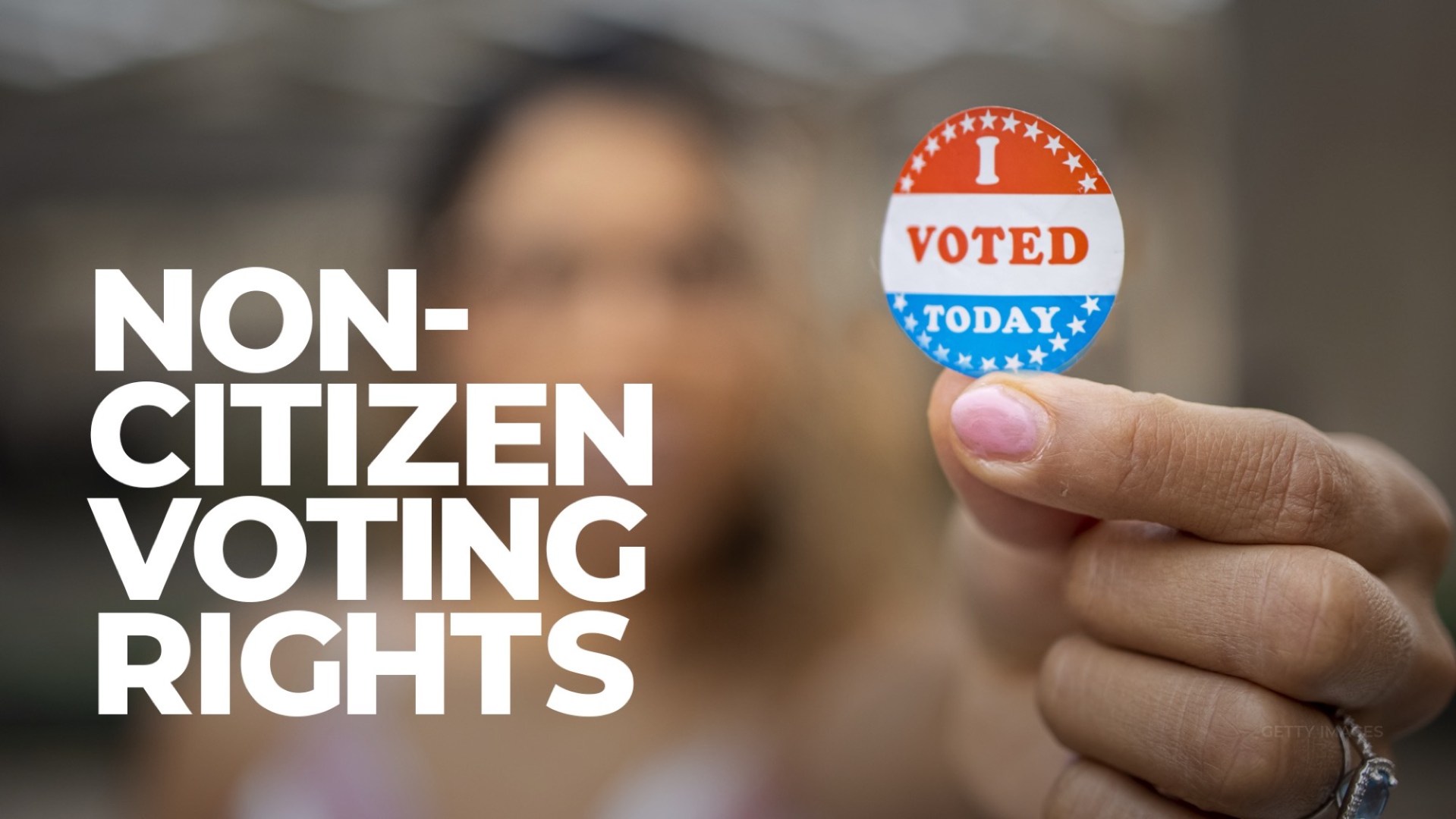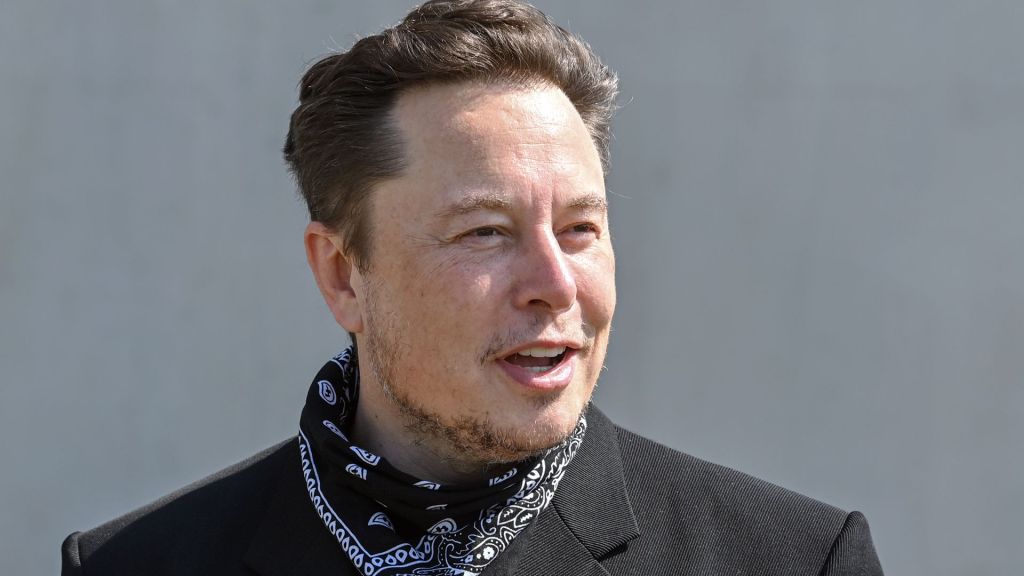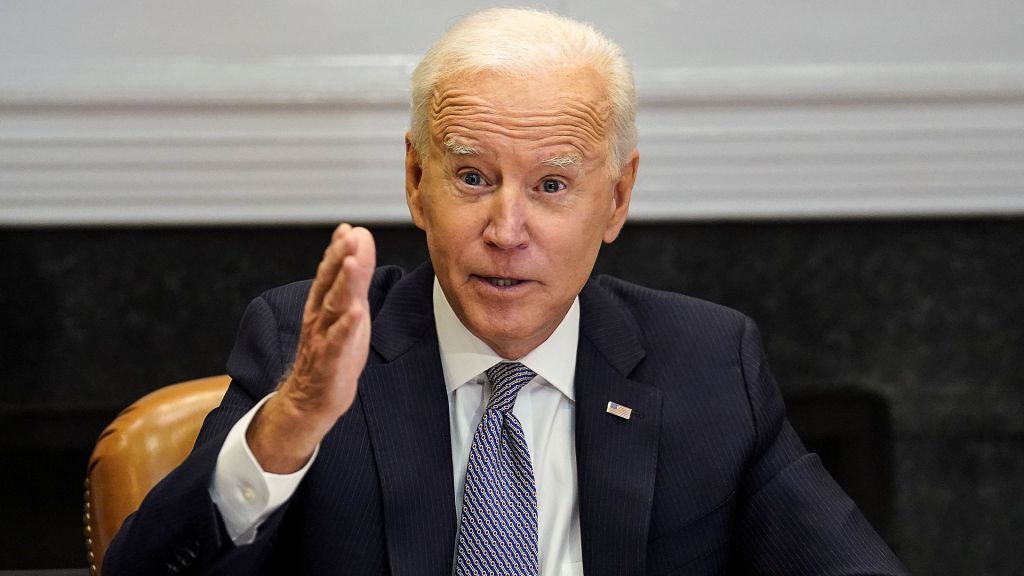
“You are here for years working hard, paying taxes, and you don’t have the rights when you need it?” said Councilman Rodriguez.
Debate on New york City’s non-citizen voting bill brought out fiery passion.
“This bill is taxation with representation.” said Councilwoman Chin.
“It happens all the time. Don’t agree with me, you’re a racist, you’re a trumpist, you’re this, you’re that. How about I just have a policy difference? How about I read the constitution.” said Councilman Yeger.
It happened just before New York City granted legal non-citizens the right to vote in local elections.
The big apple joins a growing list of cities around the country that also let non-citizens cast ballots, including two municipalities in Vermont, 11 in Maryland, and San Francisco where it’s permitted for Board of Education positions.
So can people who aren’t citizens really vote? In federal elections, no, it’s expressly forbidden by the 1996 Illegal Immigration Reform and Immigrant Responsibility Act.
Opponents of non-citizen voting also point to the 15th, 19th, 24th, and 26th amendments. Each expanded voting rights, but begin with quote: “The right of citizens of the United States…”
But some state constitutions don’t have explicit prohibitions, so a handful of local governments made laws granting non-citizens voting rights.
Let’s take a look at the arguments for and against.
First, opponents argue it dilutes the power of citizen’s votes.
“The right to vote is a sacred right and belongs squarely to United States citizens,” said Vernikov
Second, opponents say it goes against the state constitution.
“We do not have the legal authority to do this. We don’t,” said Councilman Kalman Yeger.
Supporters say the green card and work visa holders this bill is meant to benefit, contribute to the city, including financially, and should have a say in who is in charge.
“This one is for my ma and for about 900,000 immigrants that have truly made a difference in the lives of so many here in New York,” said Councilman Moya.
“Expanding the right to vote for some folks does not in any way diminish or tarnish the right to vote for other folks,” said Council Woman Tiffany Caban.
So do you think non-citizens should have the right to vote in local elections? Let us know in the comments below.






